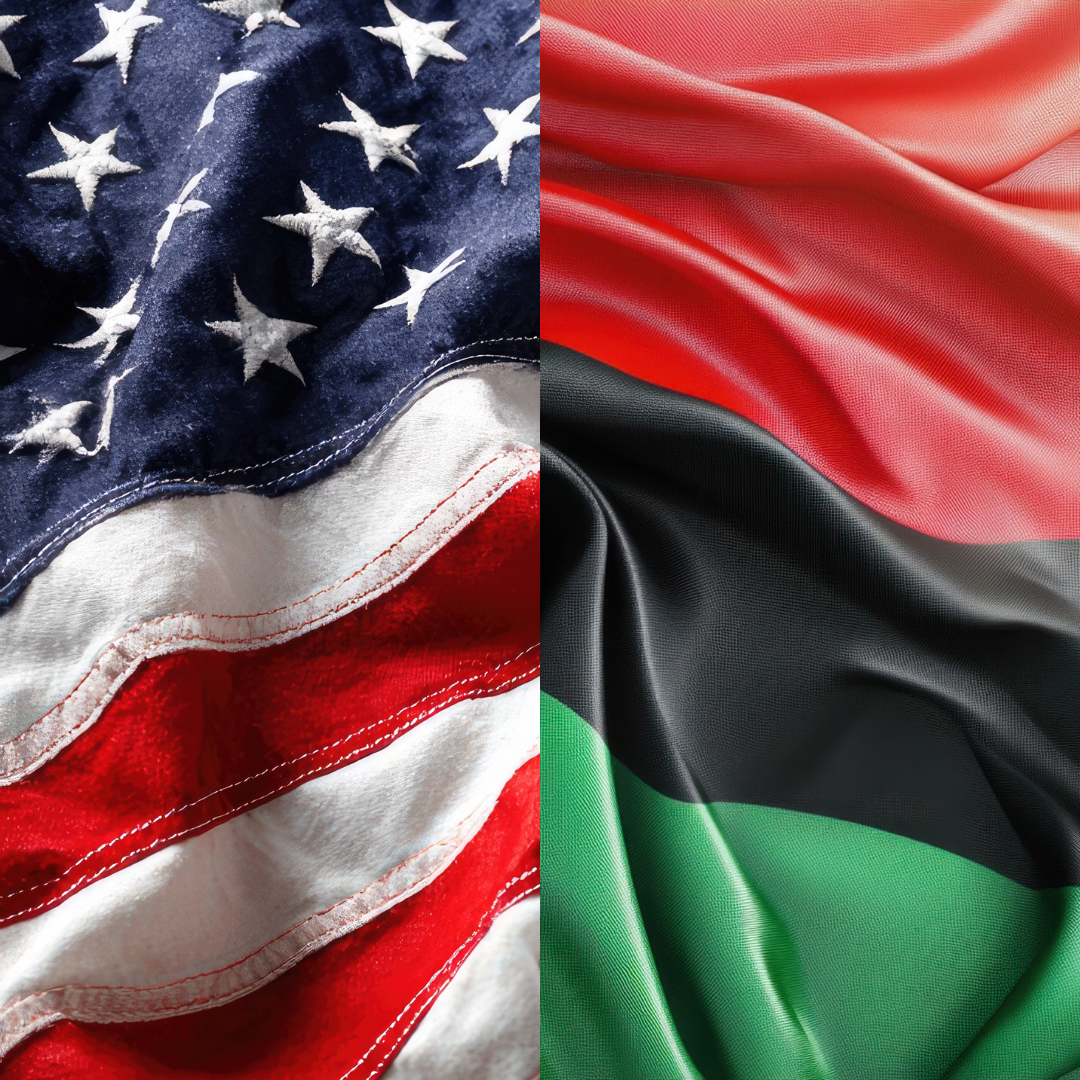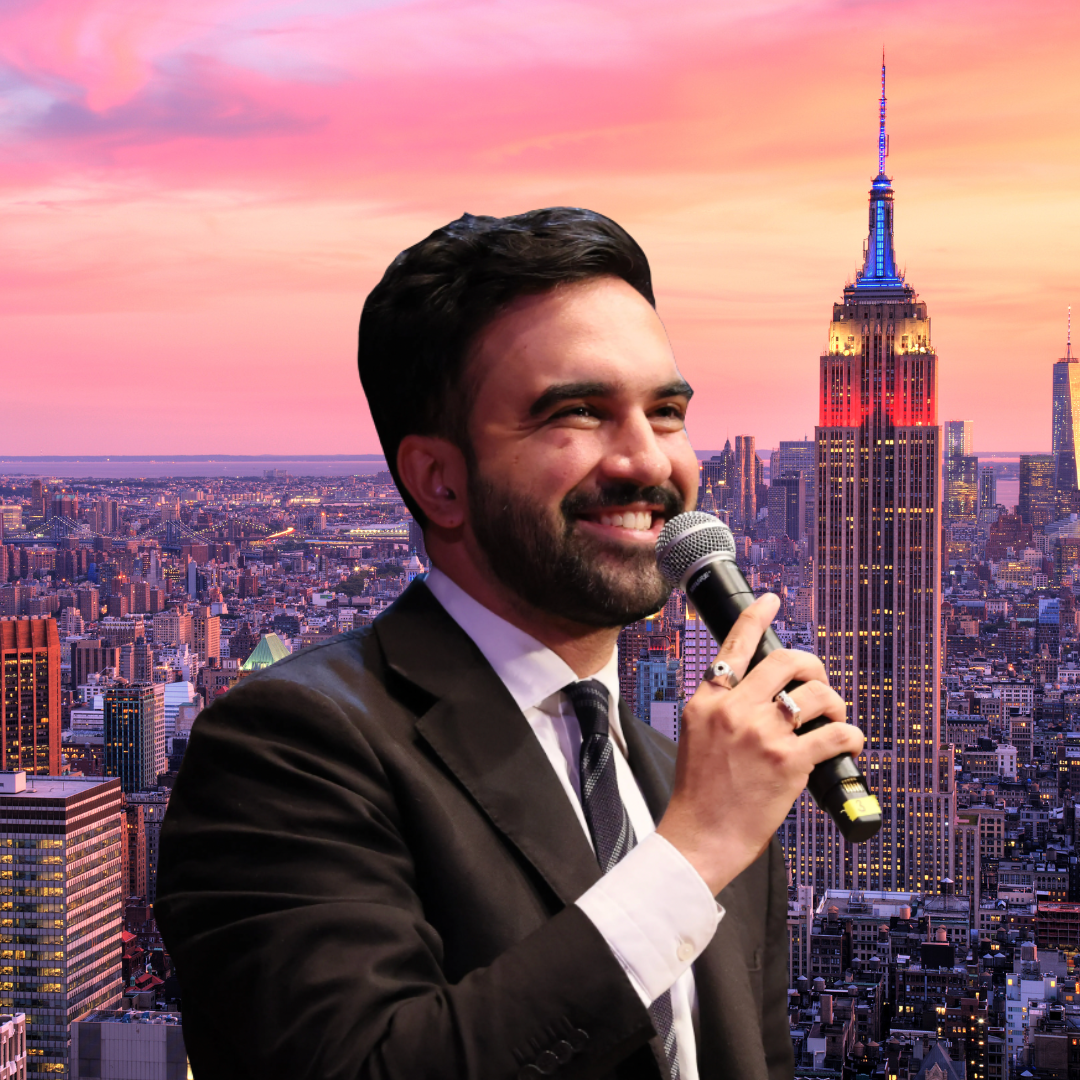Cop City, Cop Cop City…
The future of policing in Atlanta, a militarized training campus, “Cop City” might be the future for all of us
On 85 acres of one of the “four lungs” of Atlanta, the Weelaunee Forest, Atlanta city officials proposed in 2020 to build the Atlanta Public Safety Training Center, colloquially known as “Cop City.” This massive training facility will be a state-of-the-art epicenter for police forces and fire departments from around the country to become versed in and adept at numerous military tactics, strategies and training (it is reported, for example, that some of the training will include instruction from the Israeli defense force). The site, in addition to having several shooting ranges and classrooms, will have a burn building (a structure meant to simulate an active fire), bomb sites (areas to simulate active bomb/explosive scenarios) and a fully built mock city to simulate a range of domestic scenarios (there is even rumored to be a dummy nightclub as well).
The Forest is significant to Atlanta’s past and present. At one point the Muscogee people were indigenous to the land; they were removed in the early 1830s and then, for much of the 19th century, the land was used as a prison farm. Much of the surrounding area is inhabited by Atlanta’s lower-income Black community. It isn’t lost on me that this of course, would be considered by the city’s mayor as the most viable location for the project. The location is the most inconvenient and dangerous to Atlanta’s most vulnerable population, while benefiting its strongest and most politically powerful. In my opinion, none of that is a coincidence. The Forest is also one of four significant “green spaces” in the area, and the deforestation that will occur to build the site is estimated to accelerate climate change, which could mean a rise in temperature in that area by as much as 10 degrees, over a period of time. On the whole, very little about this project appears to be beneficial for the whole of Atlanta.
The city, along with its private corporate partners, Terracon consultants and its public ones, the Atlanta Police Foundation, is obviously touting this project as a boon for Atlanta’s economic future, for the safety of its citizens and in fact the safety of the country as they contribute to revolutionizing best practices for police and firefighters. It’s the same old tactic being rehashed again and again, and in the echoes of the BLM movement in the mid-aughts where direct action against police brutality and violence experienced somewhat of a renaissance, with its faded influence, this is the institutionalized response. For a state that has the Western Hemisphere Institute for Security Cooperation, also known as The School of Americas — a multinational military training facility documented to have trained many of the forces in South America responsible for destabilizing democracies throughout Latin America to our benefit — calling it home, this most recent initiative is unsurprising, given the precedent.
The resistance to Cop City has been met with the full force of the state, from at least one police murder of an unarmed activist, Manuel Teran, to the use of domestic terrorist and RICO charges against more than 60 other organizations and protestors actively supporting the cause. Based on their offensive against organized resistance to the project, it is clear how critical the state sees this new weapon in its arsenal. Renowned artist and Atlanta activist Killer Mike has even weighed in. He recently spoke about the seeming inevitability of the project, given its deep-pocket support, but rather than directly oppose it, he would take the more defensive position of regulation once it’s complete (the irony being his stance supposes that both tactics can’t be done in tandem, or that those who are using direct action aren’t also or can’t also be a part of the political process to enforce strict parameters around how Cop City can and should be used). It's obvious from the response that this project is very much what police and city officials see as necessary to quell the threat to their democracy. This attitude is why we had stop and frisk, why numerous charges throughout the nineties and early aughts were brought against the LAPD for inhumane and unlawful actions against its citizens. The state chooses and only knows to respond with force and to solve problems with punishment and violence. New year, same story.
In many ways, a project like Cop City represents a regression of the ground that was gained nationally through the discussion and actions around policing and its excessive funding, as well as the tactics and unilateral authority that police in this country historically hold. From almost every voice and source, it appears that the only ones who welcome this project are the ones who are actively propagating and enforcing its build. While those with a strong platform, such as Killer Mike, cite its inevitability and point to a lack of local support against it from the Black community as reasons to look elsewhere in the fight, a more critical lens could see the lack of desire to oppose it as fear of reprisal, given what’s historically happened when civil unrest has been aimed at police and what’s currently happening on the site itself, specifically in this state. Atlanta is one of the significant battlegrounds when it comes to civil and human rights, and it can’t be lost on any student or watcher of history how significant this fight is. Cop City most likely won't be a one-off and, if successful, it will incentivize other cities and states to follow suit. It’s a dangerous precedent and one that could mean those of us who are the most vulnerable will be even less secure from police violence. The future is now.





